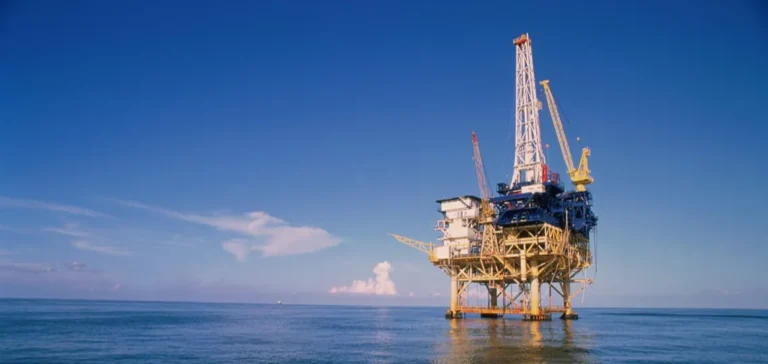BP has revealed the drilling of an exploration well in the Bumerangue block, located 404 kilometres off the Brazilian coast at a water depth of 2,372 metres. This block, acquired in 2022, is fully owned by BP, while Pré-Sal Petróleo S.A. manages the production sharing contract. The 1-BP-13-SPS well reached a total depth of 5,855 metres, intersecting the reservoir about 500 metres below the crest of the structure. Initial estimates indicate a gross hydrocarbon column of 500 metres in a high-quality carbonate reservoir extending over more than 300 square kilometres.
Significant economic potential for BP
BP has stated that on-site analysis has shown elevated levels of carbon dioxide (CO2). Laboratory studies are now planned to precisely characterise the reservoir and fluids discovered, in order to evaluate the block’s potential. Additional appraisal work is under consideration, pending regulatory approval. This announcement aligns with the group’s strategy to strengthen its upstream presence and establish a production hub in Brazil.
Increasing discoveries and regional outlook
The Bumerangue field marks BP’s tenth major discovery in 2025, following successes in Trinidad, Egypt, the Gulf of America, Libya, and elsewhere in Brazil. Further discoveries have also been made in Namibia and Angola through Azule Energy, a fifty-fifty joint venture between BP and Eni. At the same time, BP and Eni have recently signed an agreement with the Egyptian General Petroleum Corporation (EGPC) and the Egyptian Natural Gas Holding Company (EGAS) to launch new exploration efforts in the Mediterranean.
Towards increased production by 2030
BP’s strategy aims to increase its global production to 2.3-2.5 mn barrels of oil equivalent per day by 2030, with capacity planned through 2035. For its Brazilian projects, the company also plans to drill an exploration well on the Tupinambá block in 2026. Recent developments in Brazil and elsewhere demonstrate the group’s ongoing commitment to exploring basins considered strategic for global energy supply.
The scale of the discovery off the coast of Brazil could reshape the dynamics of the oil sector in the region, while presenting new challenges for the international industry.






















